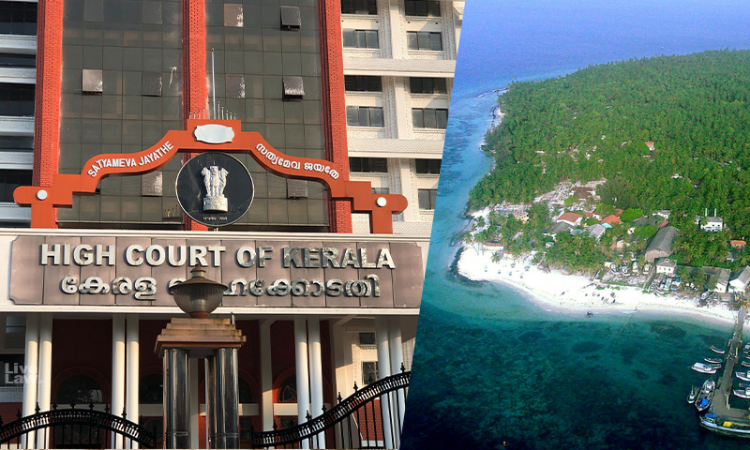Kerala High Court Dismisses Plea For Publication Of Lakshadweep Draft Regulations In Vernacular Languages
Hannah M Varghese
28 July 2021 6:51 PM IST

Next Story
28 July 2021 6:51 PM IST
The Kerala High Court on Wednesday dismissed the petition seeking directions to the Lakshadweep Administration to publish its draft Regulations in the vernacular languages. The plea was filed by Lakshadweep MP and political leaders.A Division Bench comprising Chief Justice S Manikumar and Justice Shaji P Chaly while ruling that the reliefs sought in the petition cannot be allowed, granted...
